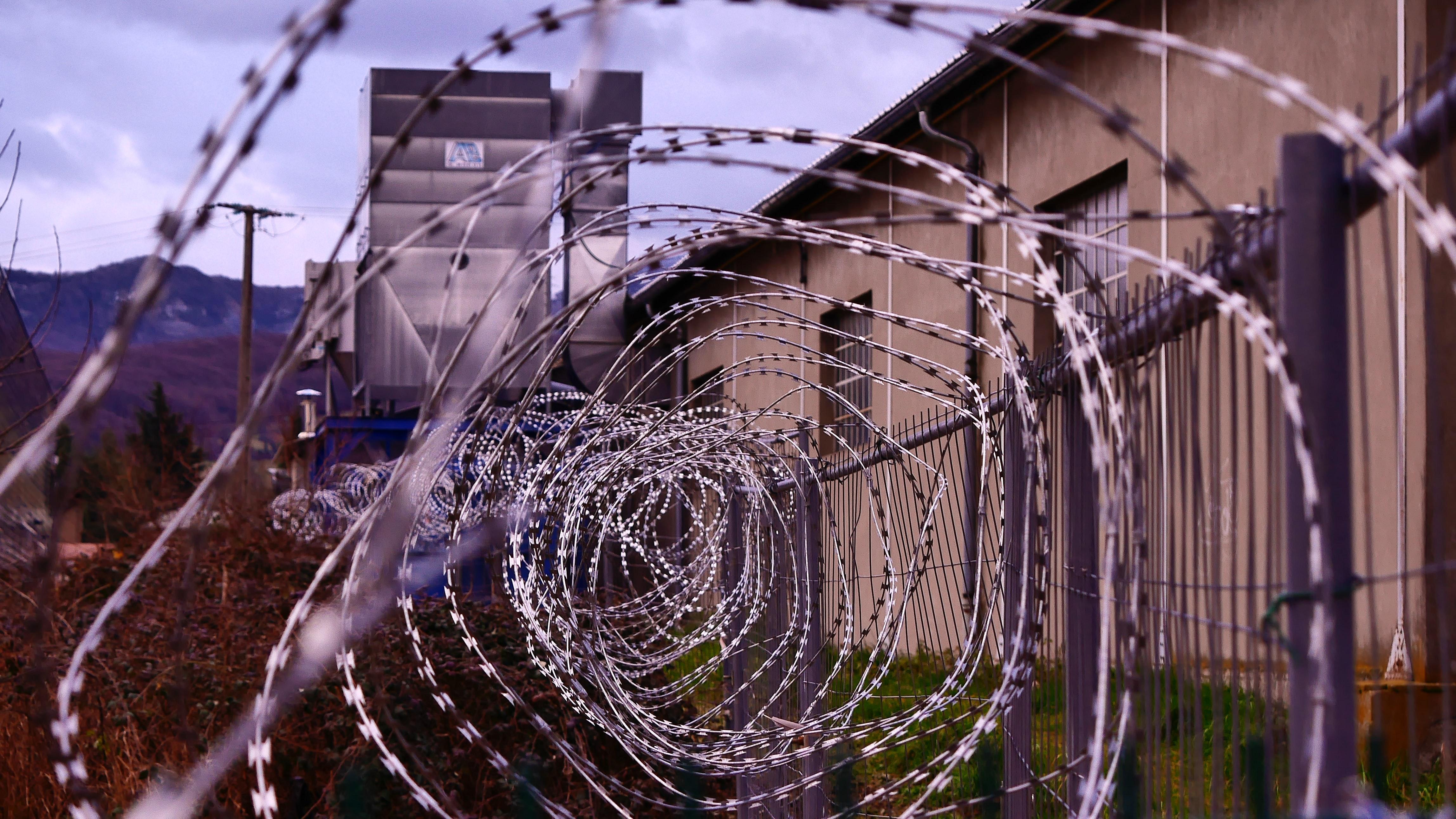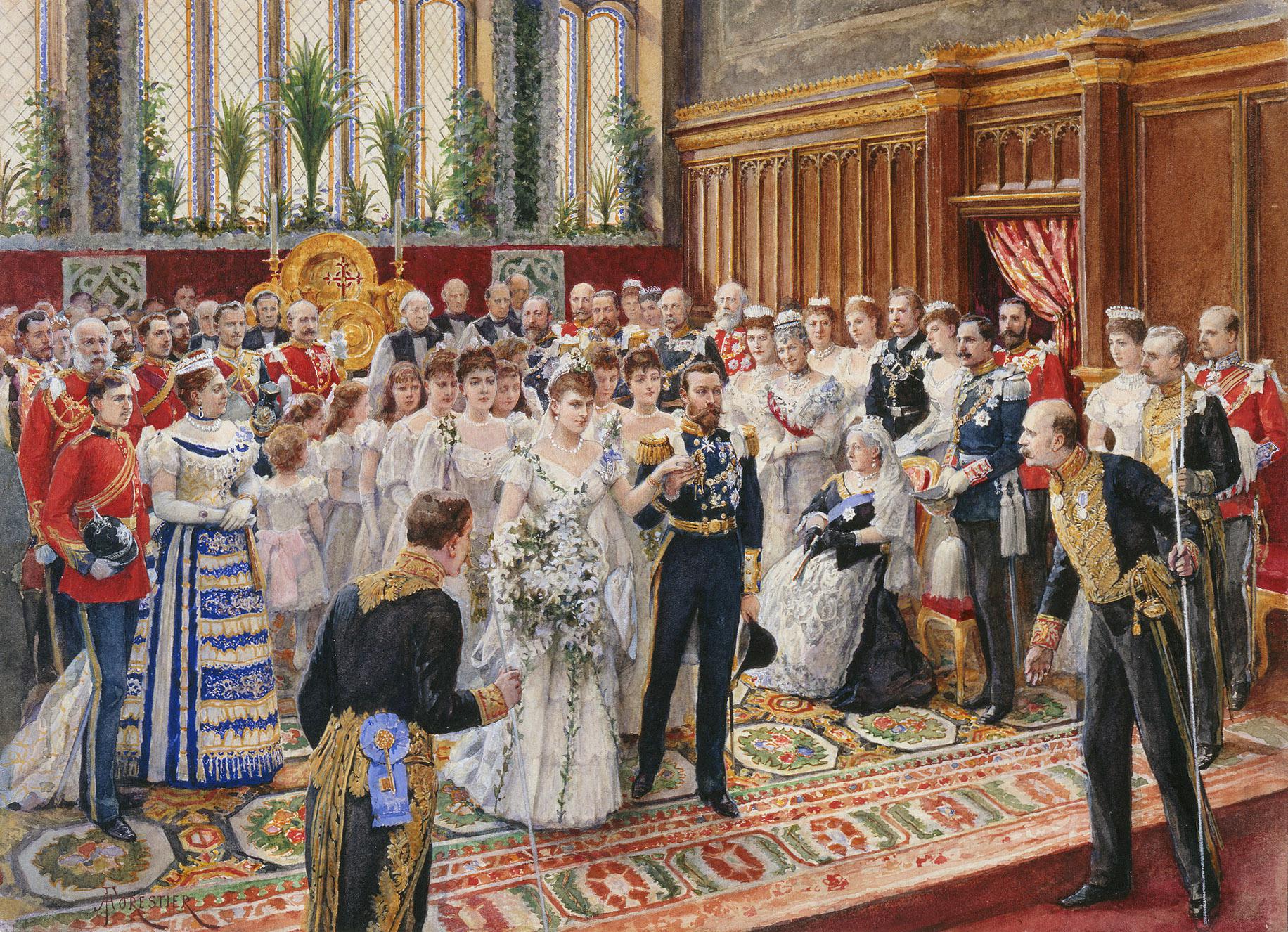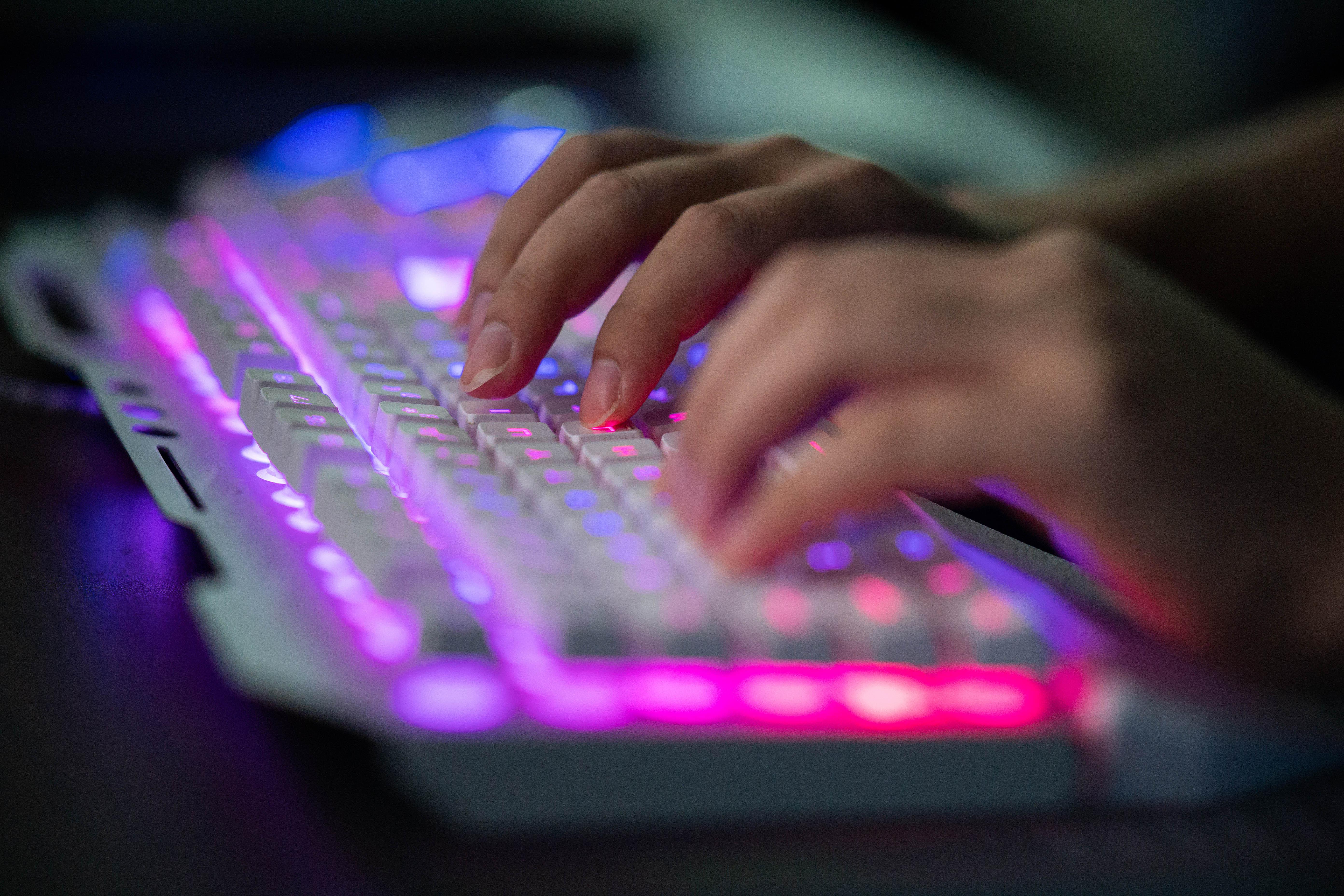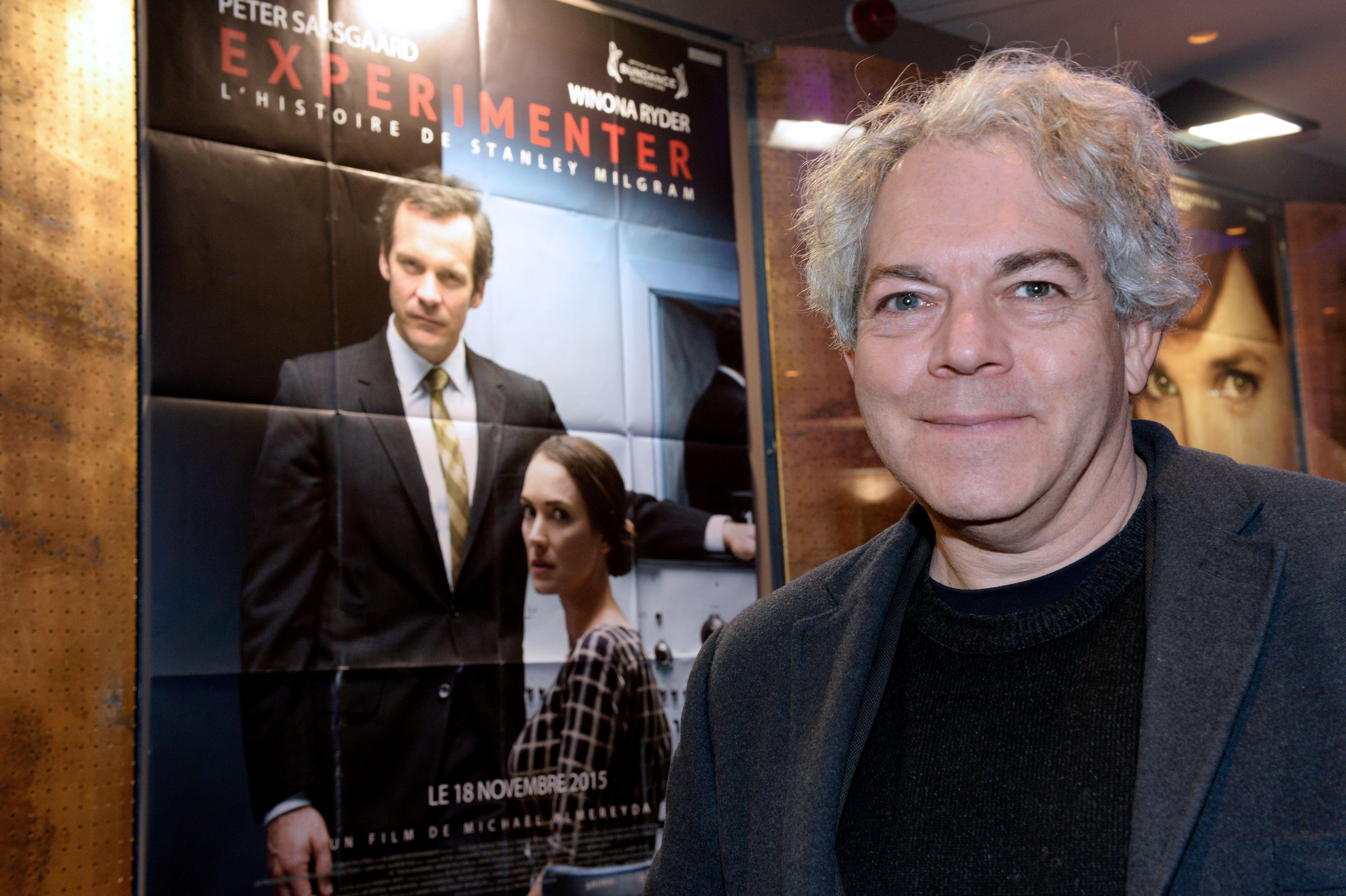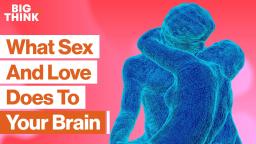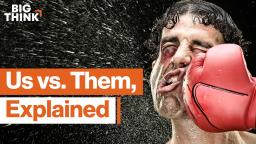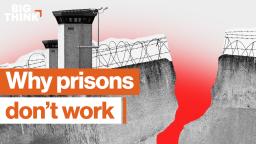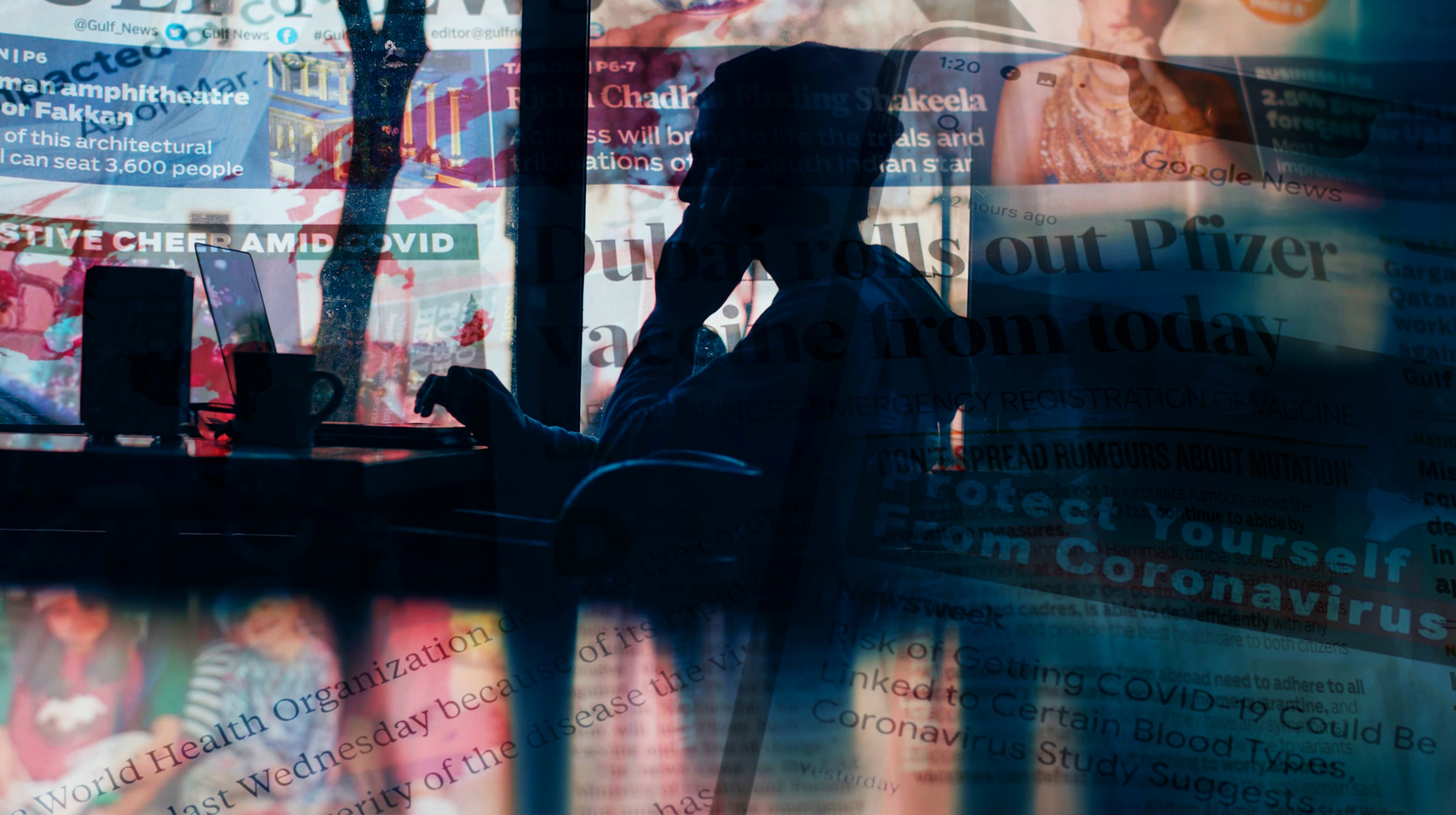sociology
Our program lowers reincarceration rates by 44 percent.
When the mutual relatives of two royal families died, the countries were likelier to go to war.
As air pollution increases, so does violent crime.
As a form of civil disobedience, hacking can help make the world a better place.
In each of our minds, we draw a demarcation line between beliefs that are reasonable and those that are nonsense. Where do you draw your line?
Milgram’s experiment is rightly famous, but does it show what we think it does?
The symbol for love is the heart, but the brain may be more accurate.
▸
14 min
—
with
According to this research, eight percent of Americans always refuse vaccines. Why?
Too few babies — not overpopulation — is likely to be a major problem this century.
Science journals may be lowering their standards to publish studies with eye-grabbing — but probably incorrect — results.
There were at least four major climate catastrophes that reshaped global religion. It could be happening again.
Political partisanship might be a treatable condition.
Is working from home the ultimate liberation or the first step toward an even unhappier “new normal”?
A new study explores how investors’ behavior is affected by participating in online communities, like Reddit’s WallStreetBets.
A new study suggests that private prisons hold prisoners for a longer period of time, wasting the cost savings that private prisons are supposed to provide over public ones.
Dunbar’s number is a popular estimate for the maximum size of social groups. But new research suggests that it’s a fictitious number based on flimsy data and bad theory.
Humans may have evolved to be tribalistic. Is that a bad thing?
▸
17 min
—
with
Many people believe that in the face of profound evil, they would have the courage to speak up. It might be harder than we think.
The US prison system continues to fail, so why does it still exist?
▸
18 min
—
with
Counterintuitively, directly combating misinformation online can spread it further. A different approach is needed.
Global inequality takes many forms, including who has lost the most children
Fifty years of research on children’s toy preferences shows that kids generally prefer toys oriented toward their own gender.
New research sheds light on the indoctrination process of radical extremist groups.
People often divide the world into “us” and “them” then forget about everybody else.
The Field Medal was created to elevate promising mathematicians from underrepresented demographics. But has it followed through on that goal?
“It’s not always about agreement, more often it’s about business.”
The public sphere should be open to conflict.
A new study explores how using positive labels to describe a majority group may negative impact perceptions of minority groups.
The ‘reasonable person’ represents someone who is both common and good.
A study of 1.6 million people ties high incomes with more positive emotions and fewer negative ones, but only towards the self.
